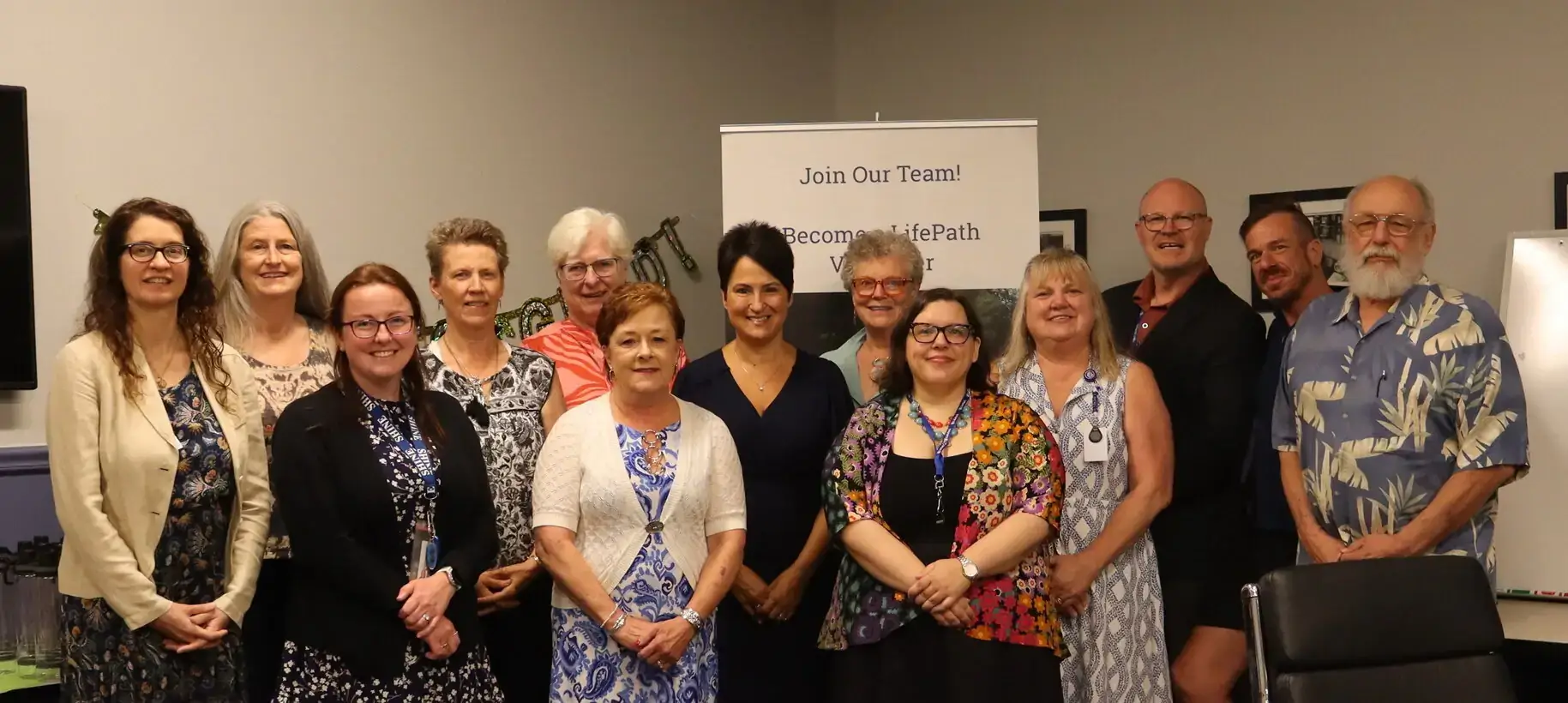Medicare Fraud Prevention Week runs the week of June 2 (the date 6/5 was chosen as it represents age 65, when most people become eligible for Medicare). Fraud costs Medicare an estimated $60 billion per year. It costs Medicare beneficiaries in time, stress, their medical identities, and potentially their health. It costs families, friends, and caregivers in worry and lost work when helping their loved ones recover from falling victim to Medicare fraud.
Senior Medicare Patrol (SMP) teaches people how to avoid experiencing Medicare fraud. By preventing fraud from happening, this program helps individuals and protects the Medicare program for generations to come.
General Tips on How To Fight Medicare Fraud:
- Medicare beneficiaries can monitor their insurance statements to make sure products and services received match what is on the statements.
- Caregivers can help by being on the lookout for items such as durable medical equipment (like boxes of knee braces) lying around the house that may have been shipped to the beneficiary without their or their doctor’s approval. They can remind their client or loved one to never give out their Medicare number or other personal information over the phone.
- Families can help by talking to their loved ones about protecting their Medicare number just as they would a credit card number. They can help their loved ones create a Medicare.gov account to access their Medicare statements online or remind them to open and review them when they come in the mail. They can also register their phone number on “do not call” lists and go to optoutprescreen.com to opt out of mailings.
- Partners and professionals can help by sharing SMP information on social media, referring clients and consumers to the SMP, and inviting the SMP to speak during a shared event.
- Healthcare providers can help by talking to patients about healthcare-related scams such as those related to durable medical equipment and genetic testing schemes. They can remind them that products and services should only be ordered by physicians they regularly see. Needed medical items should never be ordered through TV ads or unsolicited calls.
- Community members can help by looking out for older neighbors. When in public, they can be aware of older individuals purchasing gift cards in large amounts. They can encourage those they know to talk to a trusted source about their Medicare questions and tell neighbors about the most recent Medicare scams. They can even consider volunteering with the local SMP!
SMP is ready to provide you with the information you need to PROTECT yourself from Medicare fraud, errors, and abuse; DETECT potential fraud, errors, and abuse; and REPORT your concerns. SMPs help educate and empower Medicare beneficiaries in the fight against healthcare fraud. Massachusetts’ Senior Medicare Patrol (masmp.org) can help you with your questions, concerns, or complaints about potential fraud and abuse issues. They also provide information and educational presentations.
More About Medical Identity Theft and How You Can Prevent It
Medical identity (ID) theft occurs when someone steals personal information, such as your name and Medicare number (this also includes any Medicare Advantage, Medigap or supplemental, prescription drug, or other health ID numbers), and uses the information to bill your insurance for supplies or services you did not receive. Typical examples are medical treatment, medical equipment, prescription drugs, and surgery. Not only can this affect your finances, but this can also endanger your care.
When you fall prey to consumer scams and give out your Medicare number, your Medicare number is considered to be “compromised” as a result of medical identity theft. If this happens, it is recommended to request a new Medicare number from the Centers for Medicare & Medicaid Services (CMS) by calling 1-800-Medicare to prevent any further abuse. Medical identity theft can take many forms and is used in many different tactics and schemes. Be cautious if anyone asks you for personal or medical information over the phone, door-to-door, through email, or at a health fair.
Here’s how to protect yourself:
- Never give out your Medicare number to anyone other than your doctor, healthcare provider, or other trusted representative.
- Protect your Medicare number by protecting your Medicare card as you would a credit card.
- Never give out your Medicare number to anyone who contacts you through unsolicited calls, texts, or emails.
- Understand that Medicare and Social Security already have your Medicare and Social Security number so if someone calls, emails, or texts claiming they need it, don’t give it to them. Instead, find the organization’s contact information on your own (don’t use caller ID)and call or email them directly to discuss the situation.
- Be cautious of anyone who comes to your door offering “free” testing, treatments, or supplies for genetic diseases, cancer, or the coronavirus.
- Do not click on links from sources you don’t know, as this could put your computer or device at risk. Make sure the anti-malware and antivirus software on your computer are up to date.
- Be cautious when purchasing medical supplies from unverified or unknown sources, including online advertisements and email/phone solicitations.
To help support Medicare fraud prevention, LifePath’s SHINE program and SMP teamed up to place 4 billboards in Greenfield, Northampton, and Westfield promoting protection from Medicare fraud. If you feel you have been a victim of Medicare fraud or have questions, please reach out to the SHINE (Serving the Health Insurance Needs of Everyone) program at 413-773-5555, ext. 1220. The SHINE program offers free, one-on-one health insurance counseling for Medicare beneficiaries. SHINE Counselors help inform and educate you about your insurance options by reviewing current coverage, reviewing your eligibility for financial assistance, providing health insurance plan comparisons and more.
Compiled from information at smpresource.org.






